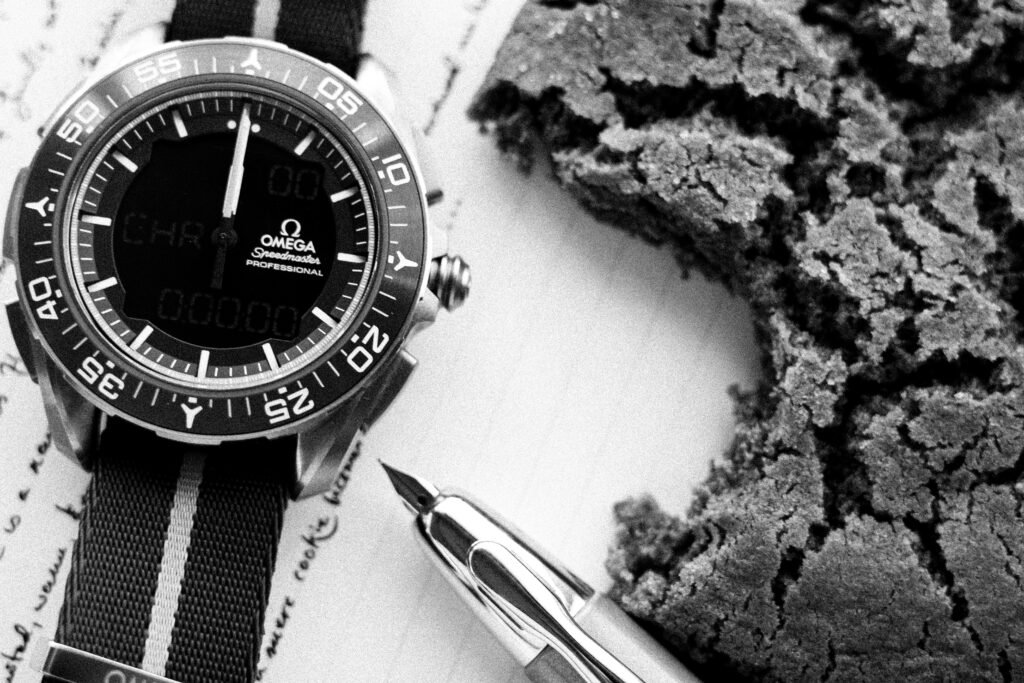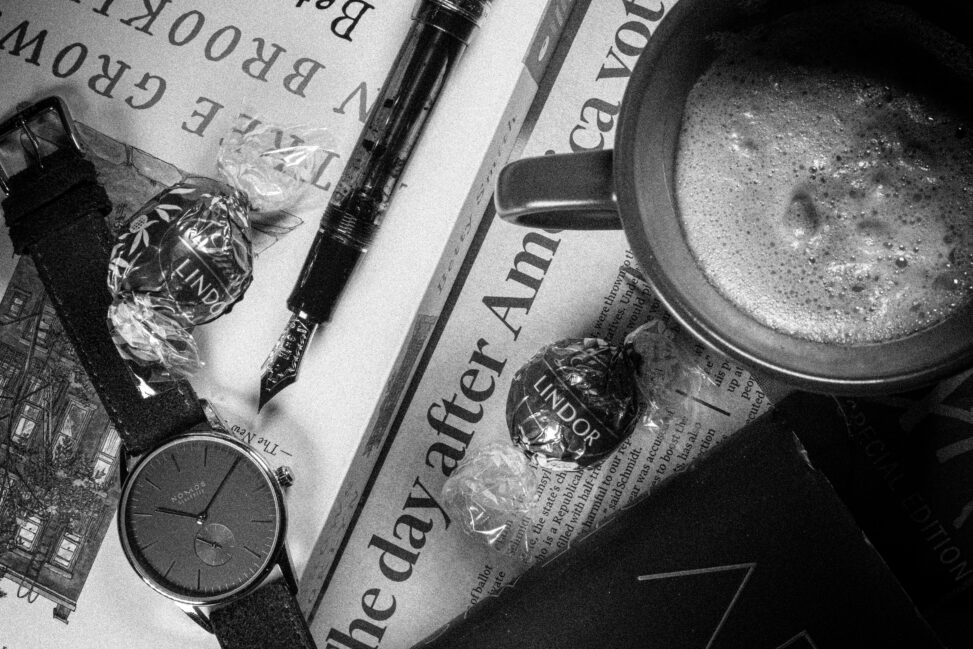771 words
Its heat signature came from all directions with varying levels of intensity, thereby masking its core cause. The symptoms emanating from the US election outcome were rooted in two separate manifestations. The first being one resorting to solely laying blame. The second being that of pursuing a form of disengagement which starved existing cognitive resources.
This act of blaming was not only contained to the election but acted as a contagion as it spread to other topics. These are topics such as Germany’s recent political crisis and deepened existing condemning tactics used for centuries when it comes to the major conflict in the United States. Placing blame and condemning something, a group of people, an ideology, or someone in particular, is easy. It proports that all the information required to make a judgement is already at hand and that the matter is closed – it just requires others to merely catch up to one’s conclusions. The individuals whom I have conversed with over the last few days had taken their positions based on the media which they consumed which on all platforms has been desperate to generate content on this matter. And placing blame has by far been the greatest tactic of analysis presented to the population by all media including newspapers.
However, there are consequences when we as individuals resort to blaming one or more set of comfortable targets. First, by only relying on previously held notions and old data, it results in being ill-informed. This can have consequences if, like many, you feel the need to speak and or write about a given topic in a public forum. Isolating oneself by making mistakes which can be used against you is never advisable and can lead to tangible damage and lost opportunities.
Second, the act of blaming on a personal level is pursued as an attempt to regain some agency over a matter in which we have none. Claiming to have known all along that something was a mistake, on an appointed running mate, or that someone should have dropped out of the race earlier does not add anything of merit to the conversation. It merely adds to the level of fatigue felt by oneself as only old and dated data points are being recirculated.
This brings us to the latter symptom which has arisen now, just as it did in February 2022, and that is the act of disengagement. This is where people leave the news cycle altogether, but in reality, still talk about the topic which they are actively avoiding new stimulus from. Disengagement in its purest form, which a lot of people did after the invasion of Iraq in 2002, results in harsh despondency. I am already starting to see this in a lot of people, and it is alarming. Disengagement is primarily a defensive mechanism, and to be very honest with you, I felt the need to disengage yesterday for a few hours. The difference is that I did so mindfully, and the results were overwhelmingly positive.
Knowing that disengagement is a tool that our mind uses to retreat and recover from a destructive situation, I focused on the act of recovery. This of course included the act of taking a step back from the news cycle and other forms of stressors that were not conducive to a healthy mindset. More importantly, I focused on replenishing my cognitive resource pool by taking multiple breaks. This came in forms of indulgence such as a cookie with a coffee, a series of walks outside where my peripheral vision was activated and blood circulation was encouraged, and I read good fiction. Good fiction allows for one’s empathy to remain active within a safe space and to not degrade. Staying indoors, reading the same articles which have no new datapoints, and binging television shows do not help you recover, they only act as a reprieve.
As we enter the traditional holiday season, which in itself on a normal year is a quarter of increased stress, taking these productive and restorative breaks should not be viewed as acts of indulgence. Just as you need to give a muscle group a day off after lifting weights, you also need to do this cognitively as well. A simple five-minute break with a mediocre cookie will refuel your capacity to take in new information to be a better-informed citizen. When it comes to agency over such depressingly large and looming matters, those of us who have a full plate building and maintaining a life for ourselves and our dependants, this is the first step towards making a difference. And unconstructive disengagement runs counter to this.

